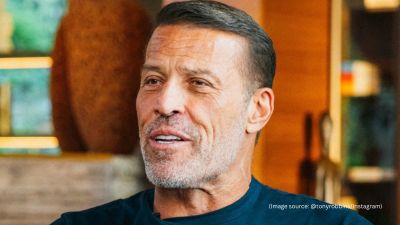US talks tough
WASHINGTON, Jan 14: The United States strove to keep a solid front in the UN Security Council in the standoff with Iraq and said it would ac...

WASHINGTON, Jan 14: The United States strove to keep a solid front in the UN Security Council in the standoff with Iraq and said it would act alone if necessary to control Baghdad8217;s weapons of mass destruction. As council members consulted in New York, Secretary of State Madeleine Albright spoke with Russian Foreign Minister Yevgeny Primakov and said she wanted nothing less than full compliance by Baghdad with UN weapons inspections.
And she again left open the possibility of using force to make Iraqi President Saddam Hussein back down in his decision this week to bar a UN inspection team led by an America8217;s former marine whom Baghdad has accused of being a spy.
Despite the tough talk, the US officials said they accepted a decision by the diplomat overseeing the UN mission that other weapons inspections could go ahead for now despite Baghdad8217;s refusal to allow work by veteran inspector Scott Ritter.
White House spokesman Mike McCurry told reporters that the UN Ambassador Richard Butler, in charge of the inspection teams quot;is in a good position to know what they have to do.quot; Butler8217;s decision contrasted with the UN response last November, when Baghdad8217;s decision to expel American inspectors prompted a temporary pull-out of the whole UN team.
Russia and France have indicated a reluctance to use military force against Baghdad and China has suggested it favors a more tolerant attitude. The other Security Council member Britain, has echoed Washington8217;s tough approach. Pentagon spokesman Navy Capt. Mike Doubleday said the carrier Independence, now in the western Pacific off Japan, was being prepared for deployment in the Gulf to Replace the Nimitz, which has been in the region since October.
Meanwhile, reports from the United Nations said the Security Council was expected to issue a statement, possibly later today, that would back chief weapons inspector Richard Butler on his forthcoming trip to Bagdhad.
AFP adds: Three Chinese inspectors will join the UN Special Commission UNSCOM for the first time since the agency was formed after the 1991 Gulf war.
Chinese spokesman Chen Ranfeng told newsmen that China had decided to participate in the Commission8217;s activities quot;to help UNSCOM carry out its work in a more efficient and effective way.quot;
He said the three inspectors to be made available by the Chinese government were experts from the biological, chemical and missile fields. China8217;s commissioner in UNSCOM, Zhou Fei, is to be among experts accompanying Butler on his next visit to Baghdad. This follows a visit by Iraq8217;s Speaker Saadun Hamadani to China last week.
- 01
- 02
- 03
- 04
- 05































